We may earn money or products from the companies mentioned in this post. This means if you click on the link and purchase the item, I will receive a small commission at no extra cost to you ... you're just helping re-supply our family's travel fund.

The great American road trip is a journey through landscapes, cultures, and, as it turns out, time itself. The rules of the road feel universal, a shared language of stop signs and speed limits. But hidden in the legal codes of many states are peculiar, antiquated laws from a bygone era. While some are amusing relics, others are still technically on the books, waiting for an unsuspecting driver. Knowing these quirks isn’t just about avoiding a ticket; it’s about connecting with the unique, and sometimes eccentric, history of the road itself.
1. Don’t Pump Your Own Gas in New Jersey

Pulling up to a gas station in the Garden State can be a bewildering experience for the uninitiated. New Jersey is the last state in the nation where it is illegal for drivers to pump their own gasoline. This law, dating back to 1949, was originally passed over fire safety concerns. Today, it’s a fiercely protected local custom that employs thousands of attendants. So sit back and enjoy the full service. Attempting to pump your own gas will earn you a firm but polite correction.
2. Don’t Swear in Front of Women and Children in Michigan
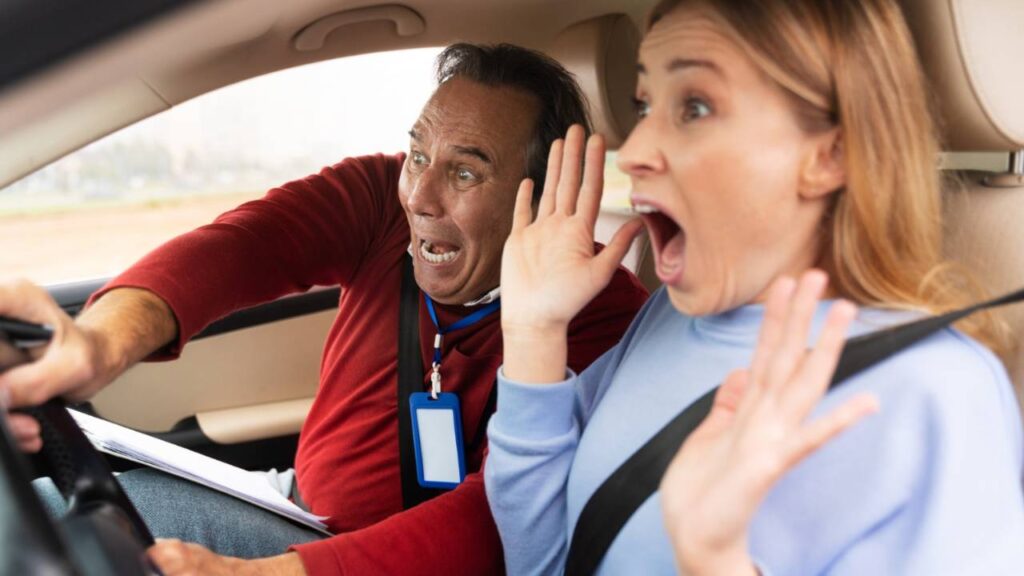
This surprising law is a relic of a more delicate and censorious time. A Michigan statute from 1897 makes it a misdemeanor to use indecent, immoral, or vulgar language in the presence of women or children. While it is rarely enforced against a driver in a fit of road rage today, the law has been used in other contexts as recently as the early 2000s. It serves as a good reminder to keep your cool behind the wheel, as your colorful language could technically be against the law.
3. Don’t Honk Near a Sandwich Shop After 9 p.m. in Arkansas

In Little Rock, Arkansas, a specific city ordinance makes it illegal to honk your car horn “at any place where cold drinks or sandwiches are served after 9 p.m.” This wonderfully specific law was likely designed to preserve the peace and quiet for late-night diners in a pre-air-conditioned era when windows were always open. While you are unlikely to be ticketed for a quick tap of the horn, a prolonged blast near a late-night eatery could still draw some unwanted attention.
4. Don’t Drive With an “Ice Missile” on Your Roof
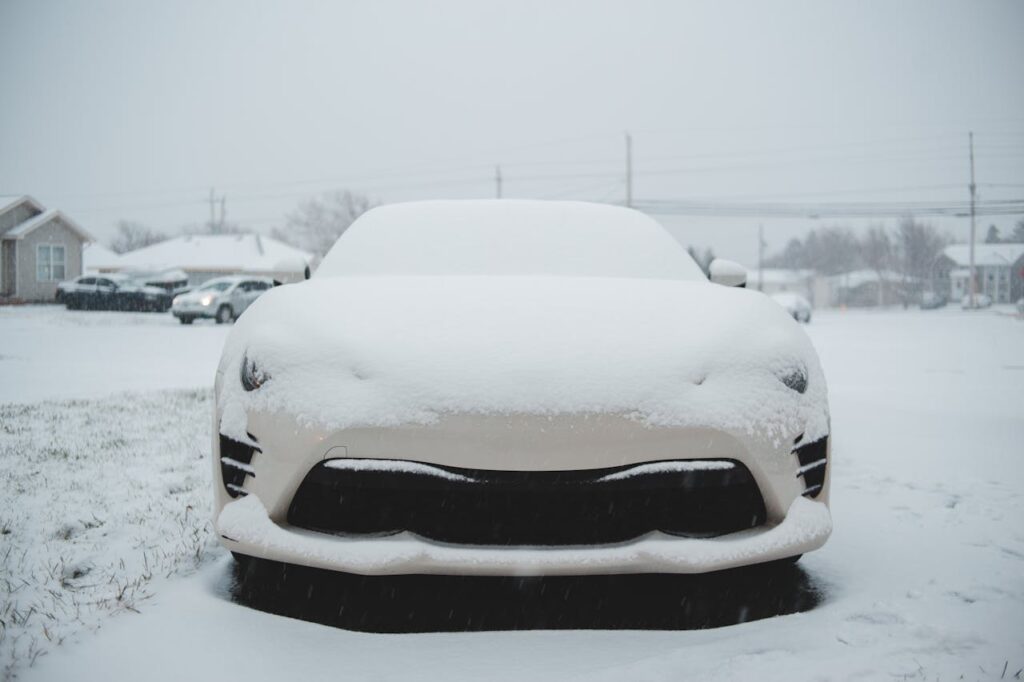
This is a more modern rule, but one that varies by state and is dangerously easy to ignore. In states with heavy snowfall like Pennsylvania and New Hampshire, it is illegal to drive with a large accumulation of snow or ice on top of your car. This is because a frozen sheet can fly off at highway speeds, becoming a deadly “ice missile” for the driver behind you. Always take the extra few minutes to completely clear your vehicle’s roof after a snowstorm. It’s a matter of life and death.
5. Don’t Linger With Your Car Door Open in Oregon
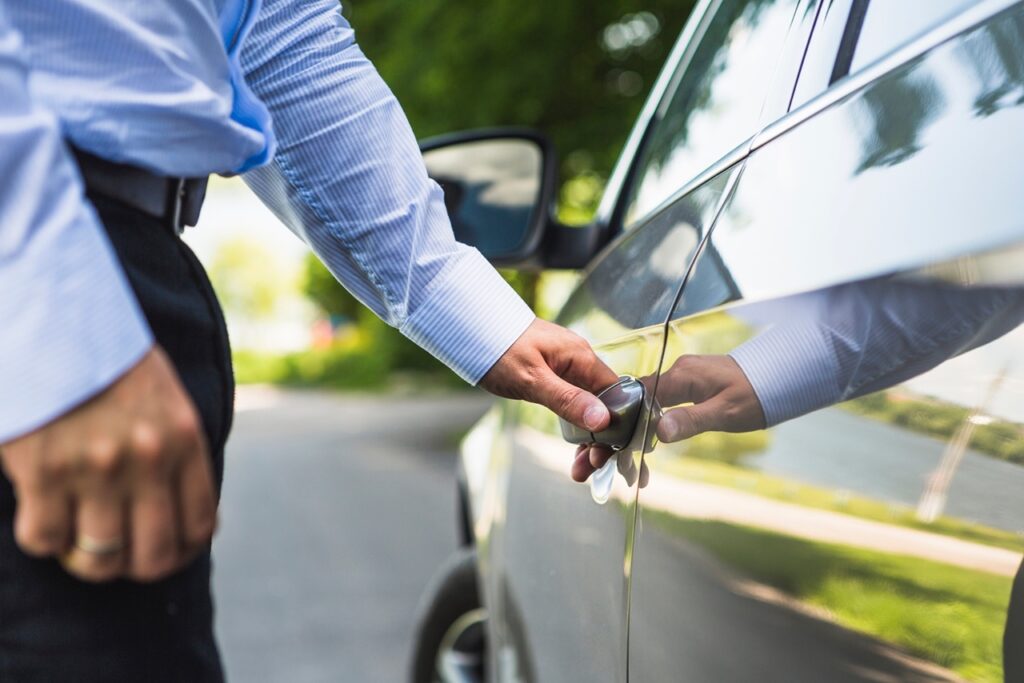
Oregon state law prohibits a driver from opening a car door on the side of moving traffic and leaving it open for “a longer period of time than is necessary to load or unload passengers.” This rule is designed to prevent cyclists and other cars from being “doored,” a common and often serious type of accident. While it makes perfect sense for safety, it’s a specific statute that many drivers might not think about while grabbing something from the backseat or having a long goodbye.
6. Don’t Drive Through a Funeral Procession

This is less an outdated law and more a forgotten rule of decorum that is legally enforceable almost everywhere in the United States. Cutting into, passing, or through a funeral procession is illegal and considered deeply disrespectful. If you see a line of cars with their headlights on, often with a flag on the lead vehicle, you must yield the right of way until the entire procession has passed through an intersection. It is a moment to pause and show respect.
7. Don’t Wear Headphones While Driving

Listening to a podcast or your favorite playlist with headphones seems like a private affair, but many states see it as a serious safety hazard that isolates you from your environment. States like California, Louisiana, and Maryland have laws that either ban or severely restrict the use of headphones or earbuds in both ears while driving. The logic is that they prevent you from hearing crucial auditory cues like emergency sirens, another car’s horn, or the screech of tires.
8. Don’t Let Your Animals Ride Unsecured in the Back of a Truck
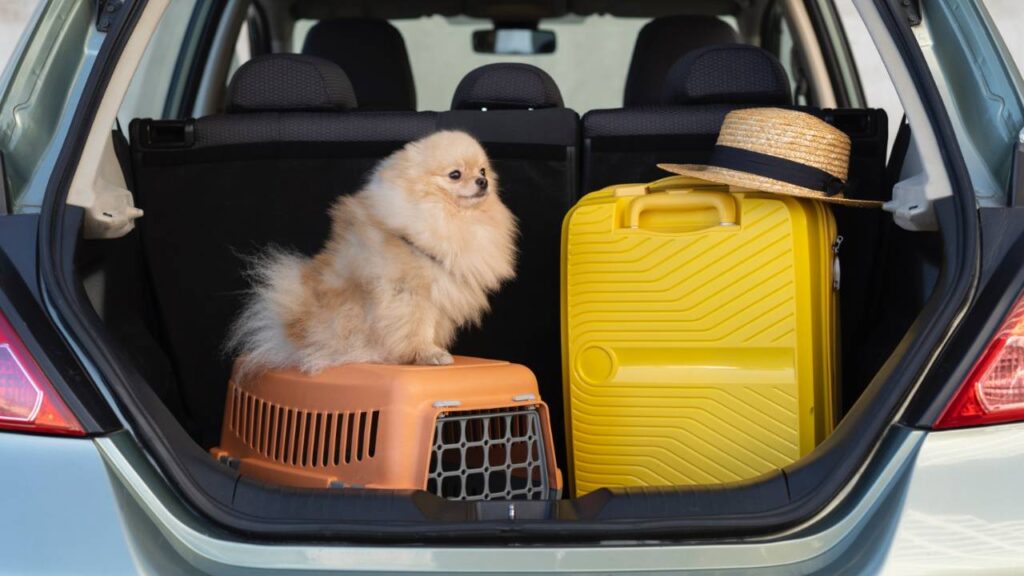
In several states, including Connecticut and California, it is illegal to have a dog or other animal riding in the open bed of a pickup truck unless it is properly secured. This means the animal must be in a crate that is anchored to the truck bed or safely cross-tethered to prevent it from falling or jumping out into traffic. What might look like a classic, rustic scene from a country song is actually a ticketable offense that prioritizes animal welfare.
9. Don’t Splash a Pedestrian With a Puddle

This is a rule of basic human kindness that is also the law in places like California, New Jersey, and even Japan. Intentionally driving through a large puddle to drench a pedestrian is not just a mean-spirited prank; it can be considered a citable traffic violation. While proving a driver’s intent can be difficult, a particularly egregious or obvious splash could land you with a fine. It’s a good reminder that the road is a space we all must share.
10. Don’t Drive Too Slowly in the Left Lane
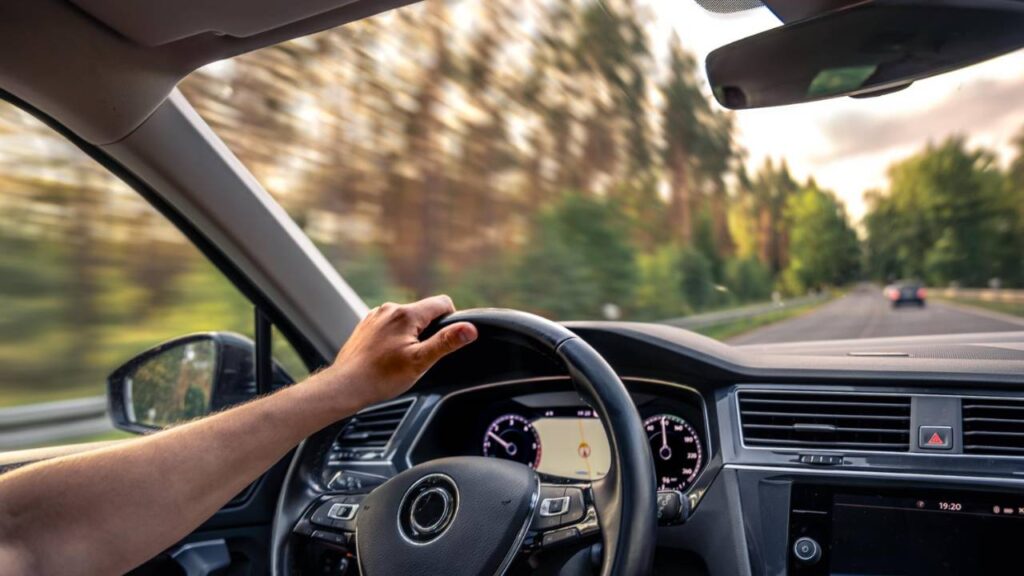
We are all conditioned to worry about the dangers of speeding, but driving too slowly can also get you into legal trouble. More than 40 states have “left-lane camping” laws that prohibit driving under the speed limit in the far-left lane of a multi-lane highway. This lane is legally designated for passing other vehicles only, and impeding the flow of traffic is a citable offense. If you are not actively passing someone, you are legally required to move to the right.
11. Forgetting You Need an International Driving Permit
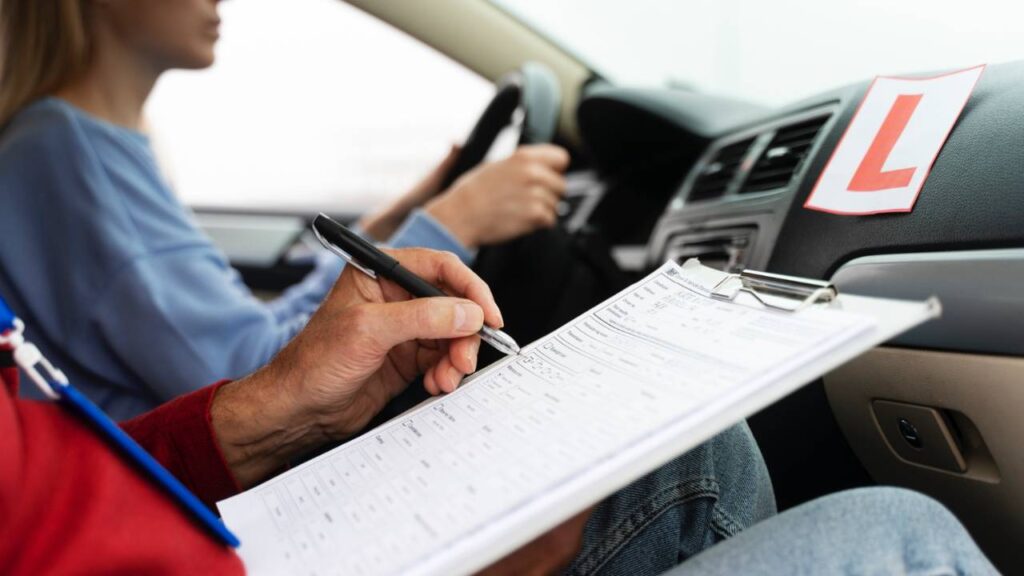
This isn’t an outdated state law, but a forgotten rule for Americans heading abroad. An International Driving Permit (IDP) is a required document in over 150 countries, serving as an official translation of your U.S. license. While you might rent a car without being asked for it, getting pulled over or into an accident without an IDP can lead to major fines or legal trouble. It’s a simple piece of paper that proves your license is valid, and driving without it can invalidate your travel insurance.